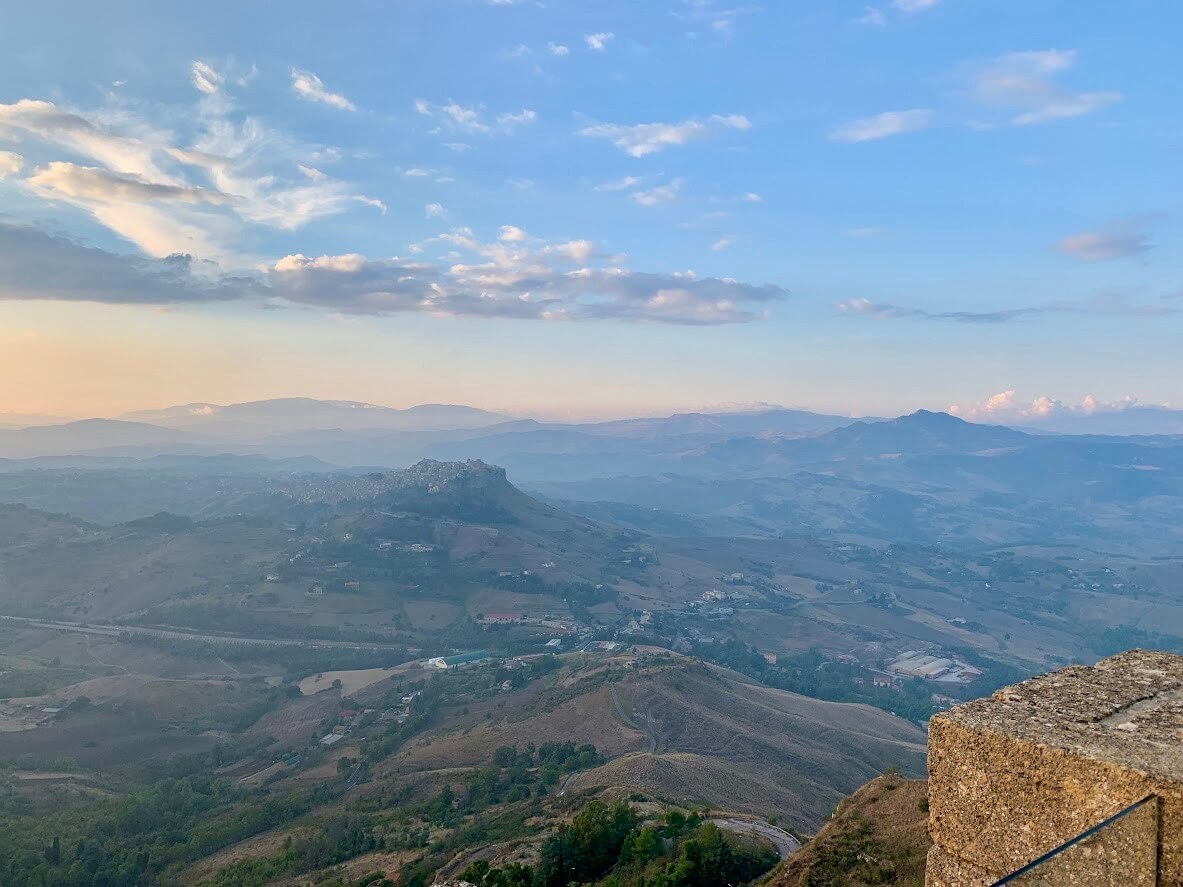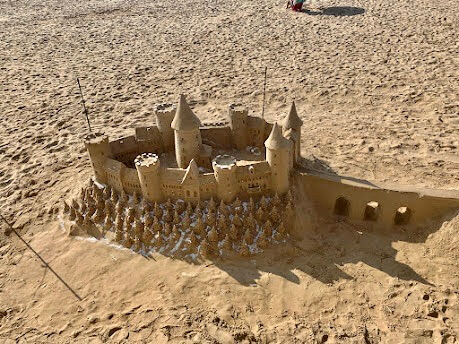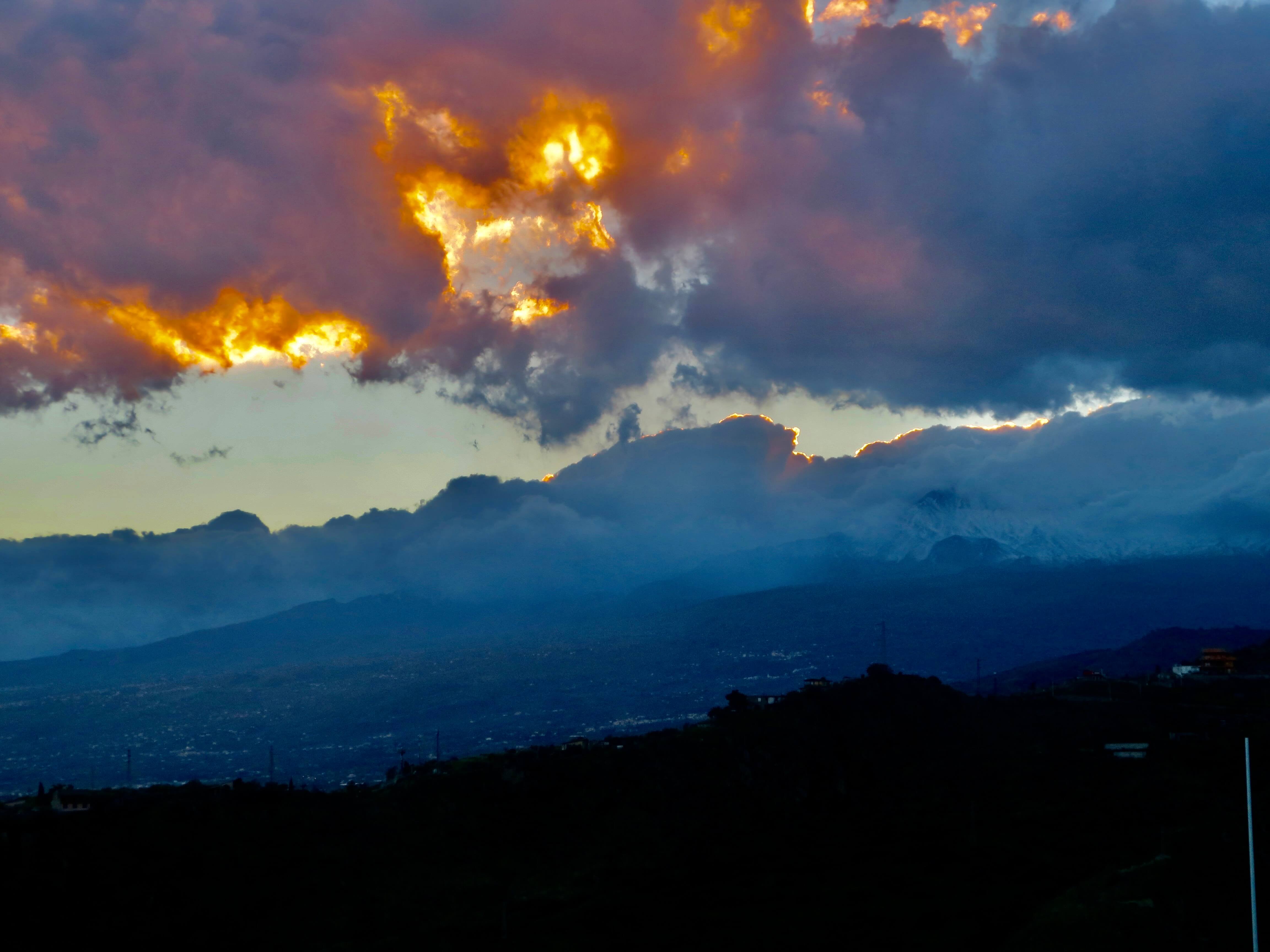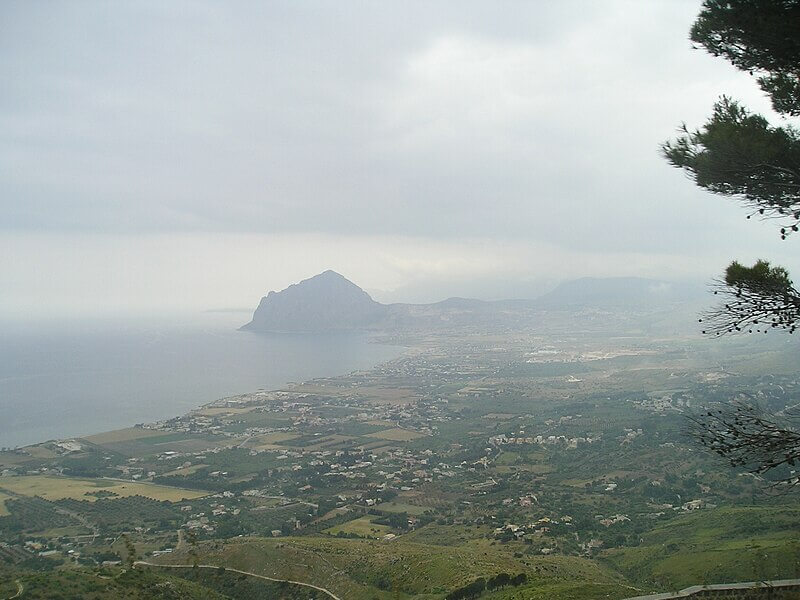- Home
- Things to Do in Sicily
- 1 Euro House in Sicily
how to buy a 1 euro house in sicily
For some years now, it has been possible to buy houses in Italy for one euro. What is this all about, and can you buy a 1 euro house in Sicily, too?
Read on to find out all you need to know about this matter.
 Although the most famous beach destinations doesn't offer 1 euro houses, the whole Sicily is surrounded by beaches. So there is always one not too far away.
Although the most famous beach destinations doesn't offer 1 euro houses, the whole Sicily is surrounded by beaches. So there is always one not too far away.Can You Really Buy a 1 Euro House in Sicily?
If you have read about one-euro houses in Italy, you might have wondered if you can buy a 1 euro house in Sicily, too.
Let's look at some background. Occasionally, Italian municipalities announce that they are selling properties for 1 euro. Usually, these are old houses, sometimes commercial buildings or castles.
This is a project called The One Euro House in Italy. It was developed to attract new residents to areas suffering from depopulation. Demographic decline is usually caused by out-migration and an aging population. By bringing new residents to the area, the project aims to revitalize the economic development of municipalities and promote regeneration.
The program does not have its own website. There are informal sites, though, such as case1euro.it. Advertisements for one-euro homes can also be found in the news and on regular housing websites.
The conditions for buying a 1 euro house vary from one municipality to another. Please don't hesitate to contact the village council directly if you find a property you want.
Many of the homes in the project are from the southern parts of Italy. So it is also easy to find a 1 euro house in Sicily.
The situation is constantly evolving. Houses are being bought, and more are being put on sale. More and more towns and villages are joining the One Euro House in Italy program.
Many municipalities have benefited from the program. Their population has experienced growth after an extended period, and regeneration projects have brought new investments.
How Do You Buy a 1 Euro House in Sicily?
It is up to each municipality to decide which properties it will offer for one euro and on what terms they will be sold. There is no standard rule about buying a 1 euro house in Sicily apart from the symbolic price of one euro.
However, specific general requirements apply to all project sites. The buyer must be over 18 years old and have a plan to renovate the property.
Municipalities charge a deposit payment to ensure the buyer is serious about the project. The amount varies from municipality to municipality. In general, the price ranges between €1,000 and €5,000.
The security deposit is refundable once the house has been renovated within the agreed time frame. Usually, this period is between one and three years.
You must also pay property tax and a fee to the notary who confirms the transaction.
When you find a 1 euro house in Sicily, it is probably in poor condition. So you should be prepared for a thorough renovation.
The renovation costs vary but can easily reach 20,000 to 30,000 euros. Sometimes even more than a hundred thousand. So buying a 1 euro house in Sicily is not totally free.
It is usually part of the contract that any help needed for the renovation work will be hired from the municipality concerned. Italian language skills are an advantage when dealing with local companies, but they are not compulsory. However, it is a great help if you at least know someone who can act as an interpreter if necessary. In small Sicilian municipalities, few people speak English.
Many municipalities also oblige buyers to visit the town and inspect the property they intend to buy.
Once a suitable house has been found and a plan to renovate it has been made, the plan can be sent to the town council for assessment. They will decide whether or not to approve the application.
Once the purchase permit is granted, the buyer usually has a couple of months to start the renovation. This is done in collaboration with a local architect.
The total time for renovation is 2-3 years.
Some municipalities offer other incentives to buyers in addition to the price of the house. In Troina, for example, the city council has granted a subsidy of €25,000 to make the property energy efficient.
Others offer free daycare or school transport for children for the first two or three years.
At the time of writing, you could buy a 1 euro house in Sicily in towns like Delia, Sambuca, and Regalbuto, among others.
 The region of Enna also has 1 euro houses nowadays.
The region of Enna also has 1 euro houses nowadays.Can You Get Residency in Italy If You Buy a House?
Italy does not grant the right of residence based on mere property ownership. It must, therefore, be obtained by other means.
The easiest way to obtain the right of residence is based on investment. This, of course, requires money—quite a lot, in fact.
To obtain the right of residence, you must either 1) invest at least €250,000 in a local start-up/enterprise; 2) at least €500,000 in a local limited liability company/stock corporation; or 3) at least €2,000,000 in government bonds: or 4) donate at least €1,000,000 to socially relevant charitable projects.
Investors do not need to live in Italy to keep their residence permit valid. It is initially valid for two years and can be extended for three years.
The investor's family members are also entitled to participate in the program. This includes their spouse and children under 18. The investor's parents and children over 18 can also join if they are financially dependent on the investor.
There are other ways to get a residence permit for those who do not have hundreds of thousands - or even millions - of euros to invest. These permits are residence-based and issued in the applicant's municipality.
Such an applicant has more obligations. They must:
- Rent or buy a property. (For example, a 1 euro house!)
- Register in the chosen area.
- Live in the country for at least 183 days a year.
- Pay taxes to Italy.
Other ways to obtain a residence permit in Italy include work, study, medical treatment, and family reunification. Refugees, volunteers, and religious leaders can also apply for a residence permit.
The residence permit is valid for two years, after which it can be extended for three years. After that, it is possible to apply for a permanent residence permit.
To obtain a permanent residence permit, you must live in Italy for at least 183 days a year. This also applies to residence permits obtained based on an investment.
Is It Smart to Buy Property in Sicily?
So, how sensible is it to buy a 1 euro house in Sicily? Or buying a home there at all?
Price-wise, Sicily is cheaper than many other European countries. This applies to house prices as much as to the cost of renovations - if you buy a 1 euro house in Sicily.
As house prices rise, Sicily can also be an excellent investment place.
Sicily has a Mediterranean climate. There is plenty of sunshine and warmth, even in winter, especially on the south coast. On the other hand, summers can be scorching, especially in the south, where hot air from the Sahara flows in.
Sicily has good public transport and infrastructure. And if you enjoy Sicilian culture, there is plenty of it, no matter where on the island you are.
Sicily is also a good place for digital nomads, i.e., working remotely. Wifi connections are good, and the atmosphere is relaxed and inspiring. It's also easy to find fellow digital nomads.
In general, the expat community in Sicily is broad. The island is also well connected to the rest of the Mediterranean, as it is in the middle of the "Mare Nostrum" - as the Romans used to call the sea.
Tourism has also been growing steadily in Sicily. So, the property you buy can be used to earn money.
If you look at the housing market more broadly - not just a 1 euro house in Sicily - the island has a wide range of properties, from seaside villas to city center apartment blocks and cozy village apartments.
Compared to rented accommodation, owning your own home is more financially viable. But it does tie you to one place, so if you're looking for flexibility, it's worth considering the rental market.
 Don't just build your castles in the sand. Buy a house instead.
Don't just build your castles in the sand. Buy a house instead.Conclusion
It is easy to find a 1 euro house in Sicily. The conditions for buying vary from town to town.
Buying a house does not automatically entitle you to a residence permit. Italy has its own system for that.
If you buy a 1 euro house in Sicily, it very likely requires extensive renovation. There will be extra costs, but the result can still be affordable.
Recent Articles
-
Sicily Weather Around the Year
Apr 22, 25 01:34 PM
Sicily weather around the year. What to expect, when and where. -
History of Sicilian Mafia: From its Origins to the Present
Apr 22, 25 01:33 PM
History of Sicilian Mafia: Discover the secrets behind this notorious criminal organization. -
Sicilian Wines: Flavors to Delight Your Senses
Apr 22, 25 01:32 PM
Sicilian wines will leave a lasting impression. Join us as we uncork the secrets of this remarkable region!
Follow MANY FACES OF SICILY on Facebook, Instagram, Bluesky & Pinterest
Contact: vesa@manyfacesofsicily.com







